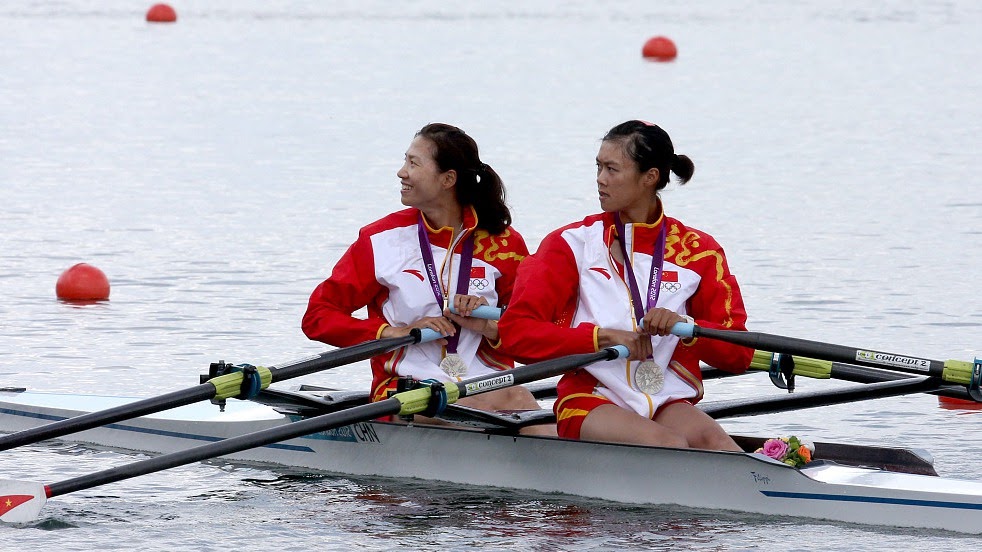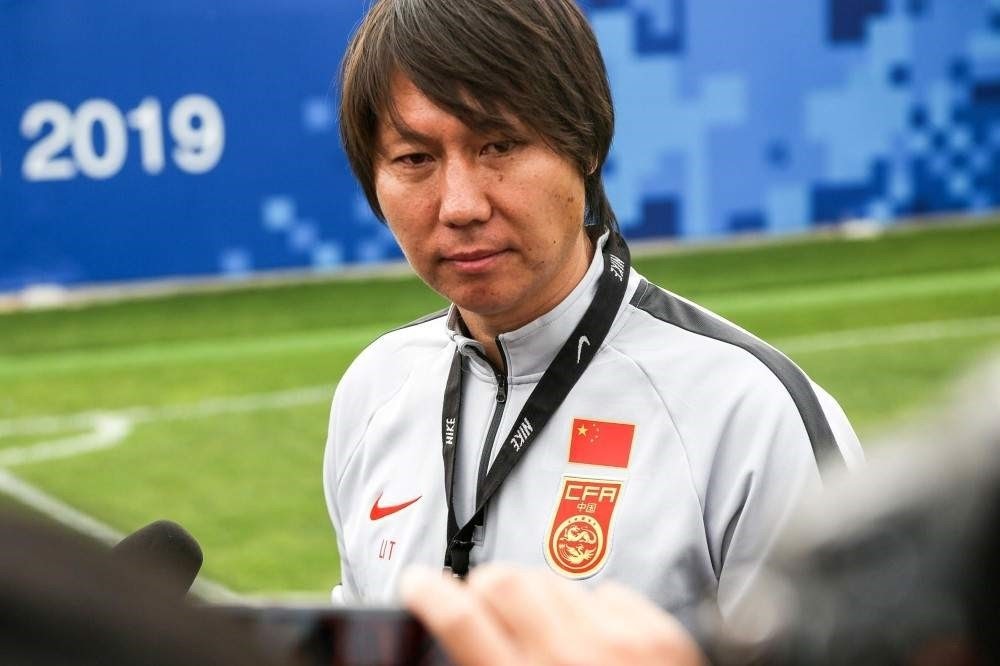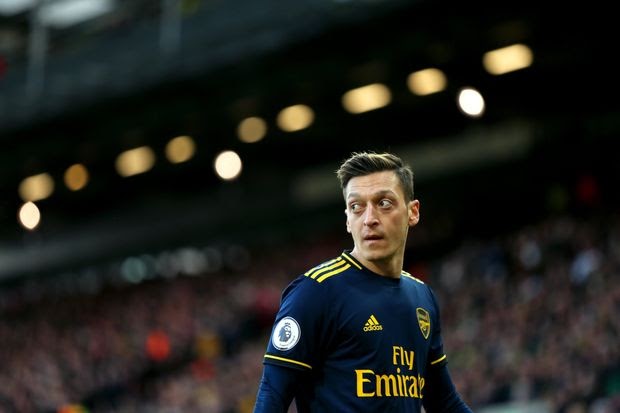2020 will be a big year in China sports. Here’s what to watch for

The China Sports Column is a The China Project weekly feature.
The Tokyo Olympic Games as referendum
Make no mistake, the pressure is on this year. After a disappointing 2016 Summer Olympics in Rio de Janeiro, when China finished behind Great Britain in gold medals (which means more to the Chinese than overall medals), the demands on the Chinese Olympic Committee (COC) from the very top have been made clear.
The 26 golds (one fewer than Britain, 20 fewer than the U.S.) in the 2016 Games was a wakeup call. While the COC could stomach finishing behind the U.S. in gold medals after 2012 (46 to 38), China’s athletes performed much worse than expected at Rio. The legacy of 2008 — in which China won 48 golds to the U.S.’s 36 — looks pretty distant.
But while investment was increased after Rio and a number of significant coaching hires were made, the COC is still a long way off its 2008 peak.
In fact, many of the expert foreign coaches have told me that the organization at the top of COC is appalling, and the refusal to use outside expertise — which is very much at their disposal — has been abject. Common complaints include reluctance to accept modern coaching and insight from foreign coaches in favor of outdated methods.
One example told to me was the case of the Chinese rowing team. The COC hired Sir Steve Redgrave — the most decorated male Olympic rower in history — as the high performance director at great expense. However, in the first six months of his tenure, the Olympic icon found himself frozen out by an unfit COC leadership that was hostile to the changes Redgrave had been employed to make.
The situation has changed recently, and Redgrave now apparently has the team performing at a high level, with the director saying he wants a gold in Tokyo.
Another cause for concern is the money that Japan has been investing into its own Olympic program. For China, the upcoming Games will be used to gauge the overall health of the COC leadership, sources tell me. With the Beijing Winter games in two years, disappointment in Tokyo could see the wholescale replacement of the leadership if the country’s leaders feel China could be heading for an embarrassing result on home soil.
Potentially big soccer changes ahead

Chinese soccer has a big year ahead. New Chinese Super League (CSL) regulations, the naturalized player policy, and what to do about the national team will be key themes in 2020.
Former Everton midfielder Lǐ Tiě 李铁 was announced on Thursday as the new head coach of the national team. Li’s first challenge will be to get his team ready for the relatively easy 2022 World Cup Qualifying games against the Maldives and Guam at the end of March. Team China dispatched both nations 5-0 and 7-0 respectively last year, so these games will give Li the chance to experiment with players and lineups.
In April, there are huge clashes at home against the Philippines and Syria. Victory in both of these games could see China move into the next round of qualifying, with the chance to reach the World Cup at stake.
In the backdrop will be the ongoing policy of naturalized players in domestic play. Individuals with a grandparent of parent born on the Chinese mainland will not be included in the foreign-player quota (four foreigners are allowed on the squad, though only three can be on the field at the same time). Players such as Nico Yennaris (i.e., Lǐ Kě 李可) will continue to be counted as Chinese. However, naturalized players without Chinese heritage will have to play in the league for five seasons before being considered “Chinese.”
For example, Pedro Delgado received his Chinese passport last year and will be eligible for Li’s World Cup qualifying roster in March. However, the Portugal-born midfielder will continue to be viewed as a foreign player in the CSL for the next five years due to the lack of any Chinese heritage.
In addition to the regulations around naturalized players, Xinhua reported that CSL clubs will now have to abide by a new salary cap. Chinese players will be restricted to a salary of 10 million yuan ($1.45 million) per year, while foreign players will be restricted to around 23 million yuan ($3.4 million) per year.
These new regulations have been introduced to curtail the excessive spending of CSL clubs on foreign players. Rumors last summer of a Gareth Bale move to Jiangsu on a million-euro ($1.1 million) per week contract will remain in the realm of rumor. The Chinese Football Association (CFL) also wants to encourage talented young Chinese players move to the big leagues in Europe to earn their fortune.
The CFA hopes that China’s top domestic league will adapt to resemble the top leagues of South Korea and Japan, with a strong pool of domestic players and a few foreign stars, preferably without foreigners on mega salaries. The association also hopes that talented Chinese players will be able to improve their game abroad, which will benefit the national team in the long run.
Politics seeping into sports

Expect more foreign athletes to speak out against the Chinese government this year.
Xinjiang has been in mainstream headlines more and more frequently last year and could be one of the major themes in global news this year. Combine this with the fact that athletes are becoming more vocal about social issues, and the chance for more comments along the lines of Mesut Ozil’s increases tenfold.
The reason for China’s relatively muted response to Ozil’s Xinjiang comments
The question will be how much China responds. China’s aggressive response to Houston Rockets GM Daryl Morey (who tweeted support for the Hong Kong protests) and the NBA had the negative effect of actually highlighting the protests. Perhaps with that in mind, there was a much more subdued response to Ozil’s more aggressive comments about Uyghurs in Xinjiang.
But could the softer touch lead to more European stars or even clubs to speak out against China’s various human rights violations? Keep an eye on European soccer, where social issues are often part of the discourse, and where a significantnumber of the world’s Muslim star athletes play. If Mohamed Salah, Egypt’s No. 1 soccer idol, speaks out on Xinjiang and brings the plight of the Uyghurs to the world’s largest Arabic speaking nation, then what will China’s reaction be?
French fans, angry at early start time, protest with massive Tibet flag
The China Sports Column runs every week on The China Project.





